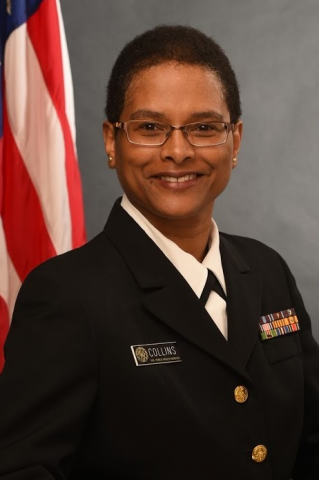
The COVID-19 pandemic has been waning over the past several months; however, its impact on the way we approach public health, deliver care, and disseminate information continues to be felt across the country. This is especially true for racial and ethnic minority and American Indian/Alaska Native (AI/AN) communities. COVID-19 has highlighted the importance of health literacy as a tool for understanding public health measures and driving steps to protect ourselves, our families, and our communities. Health Literacy Month, observed every October, gives us a chance to recognize the organizations and initiatives working to improve health outcomes by addressing personal and organizational health literacy.
Studies estimate that only 14% of the U.S. population has proficient health literacy. This means that many of the people we care about struggle to find, understand, and use information and services required to make informed, health-related decisions and actions for themselves and others. Low health literacy levels left many people susceptible to dangerous COVID-19 misinformation and disinformation during the pandemic.
In June 2021, as part of the Biden-Harris administration’s National Strategy for the COVID-19 Response and Pandemic Preparedness, the U.S. Department of Health and Human Services (HHS) Office of Minority Health (OMH) awarded $250 million to 73 local governments for the Advancing Health Literacy to Enhance Equitable Community Responses to COVID-19 initiative (AHL). During this two-year initiative, local governments are testing enhanced health literacy efforts ultimately intended to reduce COVID-related disparities within racial and ethnic minority populations and other vulnerable communities.
One example of the important work of AHL grantees is the Fairfax County Health Department project titled, “Stronger Partnership, Stronger Community: Using Health Literacy to Increase Resilience (Stronger2).” Stronger2 is an initiative to improve health literacy among local African-American, African, and Hispanic communities. This community outreach and capacity-building initiative brings together fifteen nonprofits, houses of worship, and historically Black fraternities and sororities to increase the acceptability and use of COVID-19 public health information and services by Hispanic, African American, and African individuals living in Fairfax County, Virginia.
Since its launch in July 2021, Stronger2 has hosted 100 capacity-building events focused on cultivating its community members’ ability to find, understand, and use health information and services in a manner that is culturally and linguistically appropriate. Through its efforts, Stronger2 has:
- Educated 27,000 people through its health literacy training sessions and activities.
- Engaged more than 550,000 community members through social media and in-person outreach.
- Certified 268 volunteers and staff to effectively deliver health literacy information.
OMH’s unifying goal is the success, sustainability, and spread of health equity-promoting policies, programs, and practices. With this in mind, I encourage you to leverage and spread the great work of Stronger2 by attending one of their many online training sessions or in-person events and sharing their resources with your communities and networks.
As we close out Health Literacy Month in October, it is vital that we continue to come together across sectors to enhance the understanding of health information to reach the highest level of health for all people. When we provide patients with culturally and linguistically appropriate information, we empower them to create healthier outcomes for themselves and their communities.
Last Edited: 01/19/2023

